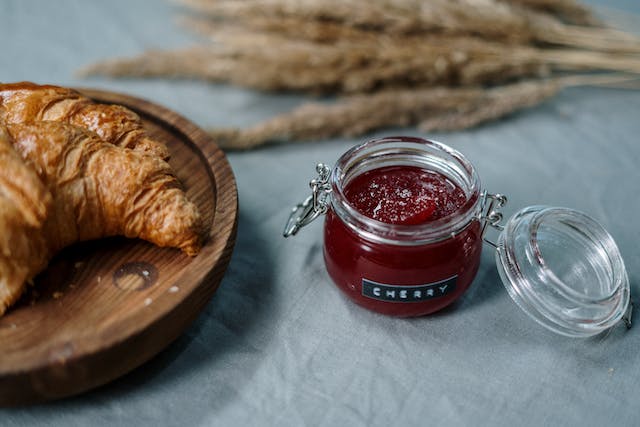The Colorado Cottage Food Act offers a convenient way for bakers and cooks to start home-based food enterprises. With this law in place, the costs of a commercial kitchen are no longer a barrier for entrepreneurs. Here, we will provide a comprehensive overview of the cottage food law in Colorado.
Firstly, it is crucial to understand the premise of the Colorado Cottage Food Law itself. Introduced in 2012, the law allows the sale of certain homemade, or ‘cottage’ foods. In Colorado, chefs and bakers can sell homemade foods directly to customers without state licensing or inspection.
What homemade foods can I sell in Colorado?
Generally, you may only non-potentially hazardous food items like tea, spices, honey, jams, jellies, and baked goods.

The Colorado cottage food act also specifies regulations about labeling and packaging of cottage food products. You must label your homemade foods with your name and address, the name of the food product, a complete list of ingredients, as well as the date you made it. The law also requires you to include a disclosure stating that you made the food in an unlicensed home kitchen.
Other Colorado Cottage Food Act Requirements
Moreover, the cottage food act Colorado has a list of ‘Prohibited Activities,’ which are crucial to keep in mind. These include:
- selling cottage food products to restaurants and grocery stores
- selling online or in another state
- selling potentially hazardous foods like fresh fruit and vegetables, meat, dairy products, etc.
While you do not need a license/permit to sell homemade food, you are required to complete a food safety course. These classes educate home food entrepreneurs about safe food handling and preparation practices. The food safety course takes a deep dive into topics like foodborne diseases, proper hygiene, pest management, and more.
It is also important to be aware that the Colorado cottage food act does not override any local or county zoning laws, hence ensuring the regulations of your local area align with your business venture is crucial.

An in-depth knowledge of the cottage food law Colorado can undoubtedly aid in a smooth sail for your home-based food business. It can lead to a robust business structure, adherence to the right working methodologies, and ultimately, the success of your venture.
In conclusion, by understanding and respecting the regulations within the cottage food law Colorado, bakers, cooks, and food entrepreneurs statewide can turn their culinary passion into a viable business, contributing to a flourishing local food economy. Remember, knowledge is power. Ensuring you’re well-versed in the Colorado cottage food act will help you operate your enterprise authentically. and successfully.